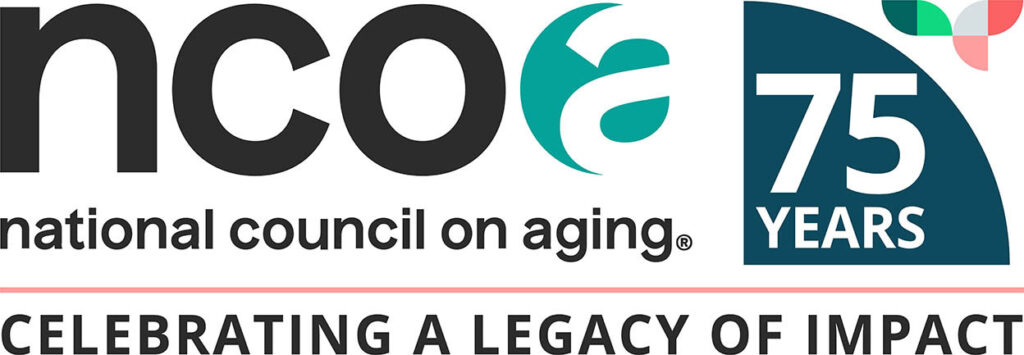
The Social Security Administration has announced a 2.8% cost-of-living adjustment (COLA) for 2026, yet this increase is insufficient to alleviate the financial burdens faced by many older Americans. As Medicare premiums and deductibles are projected to rise between 4% and 12%, the entire COLA may be consumed by these increased healthcare costs, leaving seniors in a precarious financial position.
In a statement released on October 24, 2025, Ramsey Alwin, President and CEO of the National Council on Aging (NCOA), expressed concern about the impact of these adjustments on older adults. He pointed out that while the COLA reflects general inflation rates, it fails to account for the rising expenses specific to seniors.
“COLA might reflect the inflation rate, but it is woefully insufficient for older Americans who already have high health care costs,” Alwin said. He highlighted that the 2.8% COLA will not cover the anticipated hikes in Medicare costs, leading to difficult choices for older adults about spending their limited incomes on essentials like healthcare, food, or housing.
The economic situation for older Americans is alarming. According to NCOA data, the poverty rate among those aged 65 and older increased to 15% in 2024, affecting more than 9 million individuals. This demographic is the only age group to experience a rise in poverty, indicating that the current COLA does not accurately reflect their living costs.
Alwin emphasized the severe consequences of poverty on health, citing research from the LeadingAge LTSS Center at UMass Boston. This research shows that individuals aged 60 and above who earn $20,000 or less per year tend to die on average nine years earlier than those with annual incomes of $120,000 or more.
“The statistics could not be more shocking and clear,” Alwin stated. “Millions of our older family members and friends who have worked hard their entire lives still face devastating economic insecurity.”
The NCOA advocates for systemic changes to ensure all Americans can age with dignity and financial security. Founded in 1950, the organization has long served as a national voice for older adults, working with numerous partners to provide resources, tools, and advocacy.
As the 2026 COLA falls short of addressing the rising costs of living for seniors, the need for comprehensive policy solutions becomes increasingly urgent. The NCOA’s ongoing efforts aim to create conditions that support healthier, more secure aging for all.
For more information about the NCOA and its initiatives, visit their website at www.ncoa.org or follow them on social media at @NCOAging.






